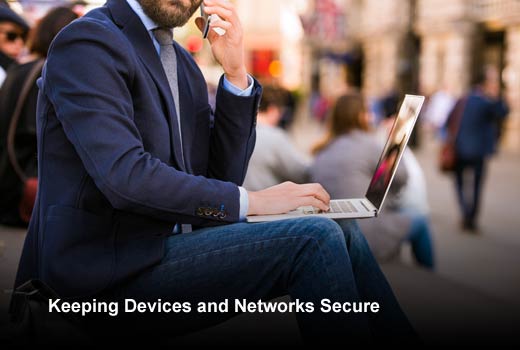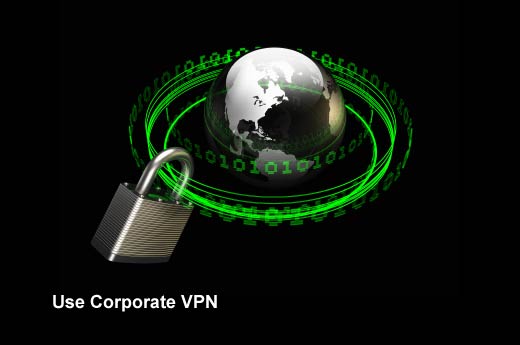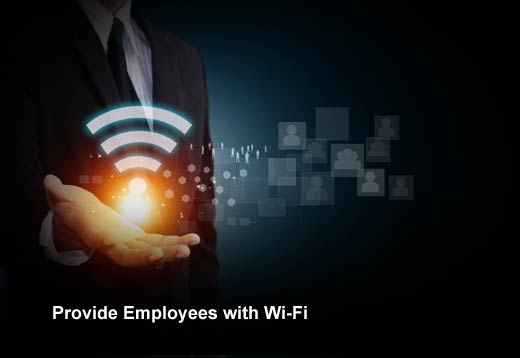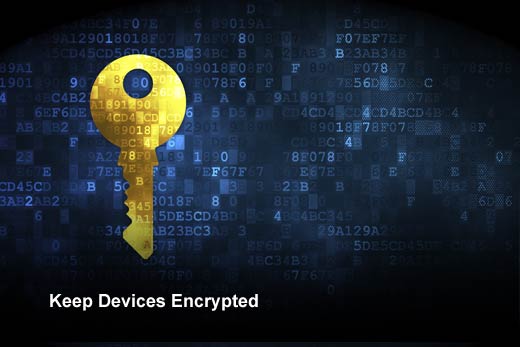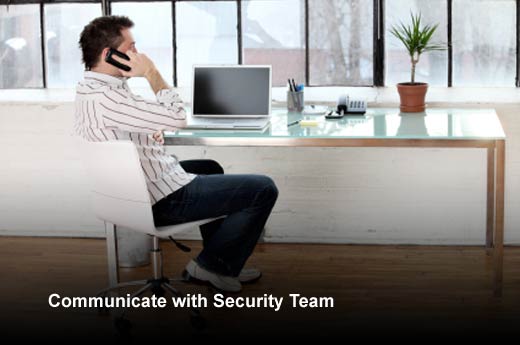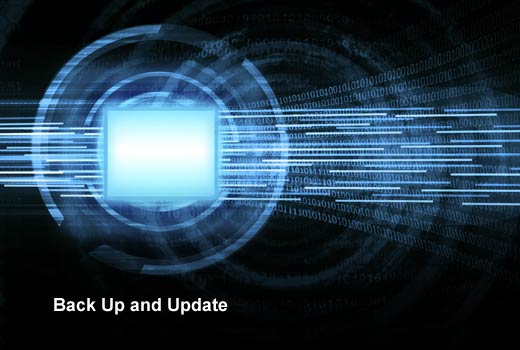Vacations are a great time to get away from the office, but how many of us completely disconnect? Whether it’s a quick peek at email or an item you want to take care of, there’s an excellent chance you’ll be connecting while away.
While you may be taking time off, hackers are not. With the summer travel season approaching, Steven Rogers, CEO at Centripetal Networks, provides five best practices for companies and employees to keep devices and the network they are attached to secure while out on vacation.
Keeping Devices and Networks Secure
Click through for five best practices for companies and employees to keep devices and the networks they are attached to secure while on vacation, as identified by Steven Rogers, CEO at Centripetal Networks.
Use Corporate VPN
Utilize corporate VPN on your work issued laptop.
The security controls and monitoring tools in the corporate network are far more capable than anything running on the road warrior laptop, and support staff has the visibility to protect you.
Provide Employees with Wi-Fi
Logging onto Wi-Fi outside of your home or office’s password-protected network is an invitation to hackers. Rather than connect to insecure Wi-Fi hotspots, provide employees with 4G hotspots when they are on the road. Public networks can be accessed by anyone, and without knowing their security credentials one cannot predict if it is a safe network.
Keep Devices Encrypted
Ensure laptops and devices are encrypted, as devices are too often lost or stolen while traveling. Accidents happen and hoping for a Good Samaritan to return a laptop is not the best security plan.
Communicate with Security Team
Inform the corporate security teams of your travel plans. Often security controls may be in place that prevent access to resources employees plan to access while traveling. This is most often the case with foreign travel. False alarms such as logins from “suspicious” locations can be avoided if the security team knows it’s you.
Back Up and Update
Back up files offline and update security applications.
Make sure your devices are backed up with data stored offline and that all applications are running the latest security patches. If ransomware infiltrates your system, this can help protect you from having to pay criminals for access to your own data.
Whether you’re using a laptop, tablet or other mobile device, taking these extra steps and precautions could be the difference between a relaxing break and disaster at the office.


